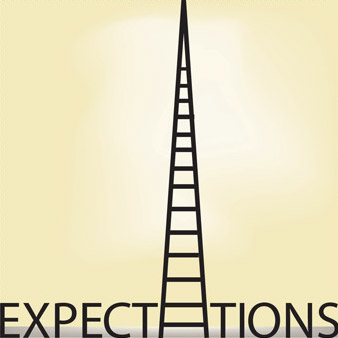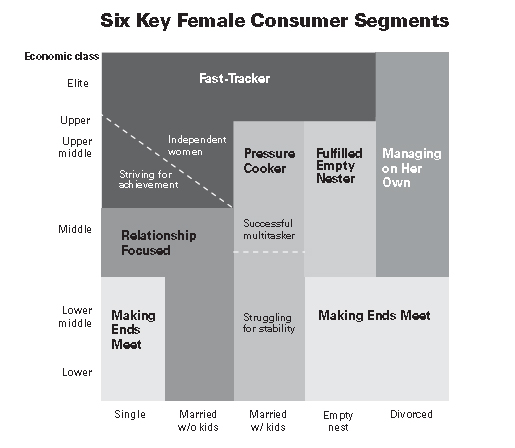On Monday, I presented data which sadly revealed job satisfaction among Americans to be at an all time low, with a steady downward trend over the past 20 years. 
I theorized that much of that decline isn’t so much a result of fewer interesting jobs, as it is the result of higher levels of emphasis upon individualism, and an increased focus on self-gratification...rather than on earning respect through contributions to something greater than oneself.
Now, as promised, today I plan to discuss why you need not necessarily give up hope. Although an increased number of people in our culture are following the mantra of: "Let’s find ways to increase the duration and frequency of individual pleasurable experiences," you don’t have to cater to this philosophy to hire the best people.
In fact, if you do try to adopt your environment to cater to these people, they will likely end up among the most dissatisfied with their work environment, and never really engage helpfully in work for your company.
If you’ve read WorkPuzzle for long, you know that true happiness is built on hard work, specific goals, and focused attention on reaching those goals built around adding meaning to one’s life and the lives of others. Happiness is NOT achieved through personal pleasure, until one has earned it... Then of course, pleasure can be extremely rewarding.
So, how does one build a company that is founded on principles that will attract the most innovative, hard working people...people of character?
The answer involves two very important ingredients: (1) Building a culture of standards, and (2) Having recruiters and managers of character.
(1) Building a culture that is based on the right standards will attract the best people. Have you ever thought about the word culture? It comes from the same Latin root word “cultura” that also gives us the word "cult." No, I’m not recommending you develop a cult, but they both mean “to cultivate."
Central to this root word is the idea of a specific set of beliefs and behaviors built on those beliefs. There are historians who believe that the greatest societies have fallen when they lost these central belief systems and instead began to live by the idea of "anything goes." Losing beliefs and standards- losing the expectation that everyone will contribute their best toward the greater good for their families and their society, will eventually lead to decay, and YES, lead to dissatisfaction.
Catering to meet the needs of a self-serving generation will leave you competing against perks and commission, and neglecting the focus of providing the intangible and very attractive sound culture that's becoming more and more difficult to find.
The companies who will raise the bar of job satisfaction will be those who consider how to cultivate an environment that nourishes and rewards people for hard work and extraordinary effort toward the greater good of the entire organization and others. It’s been my experience that people are starving for these standards, and thrive when you provide them.
I’ve seen this first hand in several organizations, including the fastest growing church in the Seattle area, that for the past ten years has attracted thousands of people in their 20’s. These young people are hungry for someone to speak to them about responsibility, selflessness, contribution, helping others, parenting well, and railing against self-preoccupation.
By providing a company that is built on sound principles regarding the source of true happiness, you’ll attract the best talent and inspire others to change. Only then will job satisfaction improve.
In the next edition, I'll focus on the importance of having people of character as your first point of contact when recruiting new candidates.
Editor's Note: This article was written by Dr. David Mashburn. Dave is a Clinical and Consulting Psychologist, Partner at Tidemark, Inc. and a regular contributor to WorkPuzzle. Comments or questions are welcome. If you're an email subscriber, reply to this WorkPuzzle email. If you read the blog directly from the web, you can click the "comments" link below.




![Doctor_patient_consult[1] Doctor_patient_consult[1]](../../../../.a/6a010535f94817970b0120a7539cce970b-800wi.jpg)



